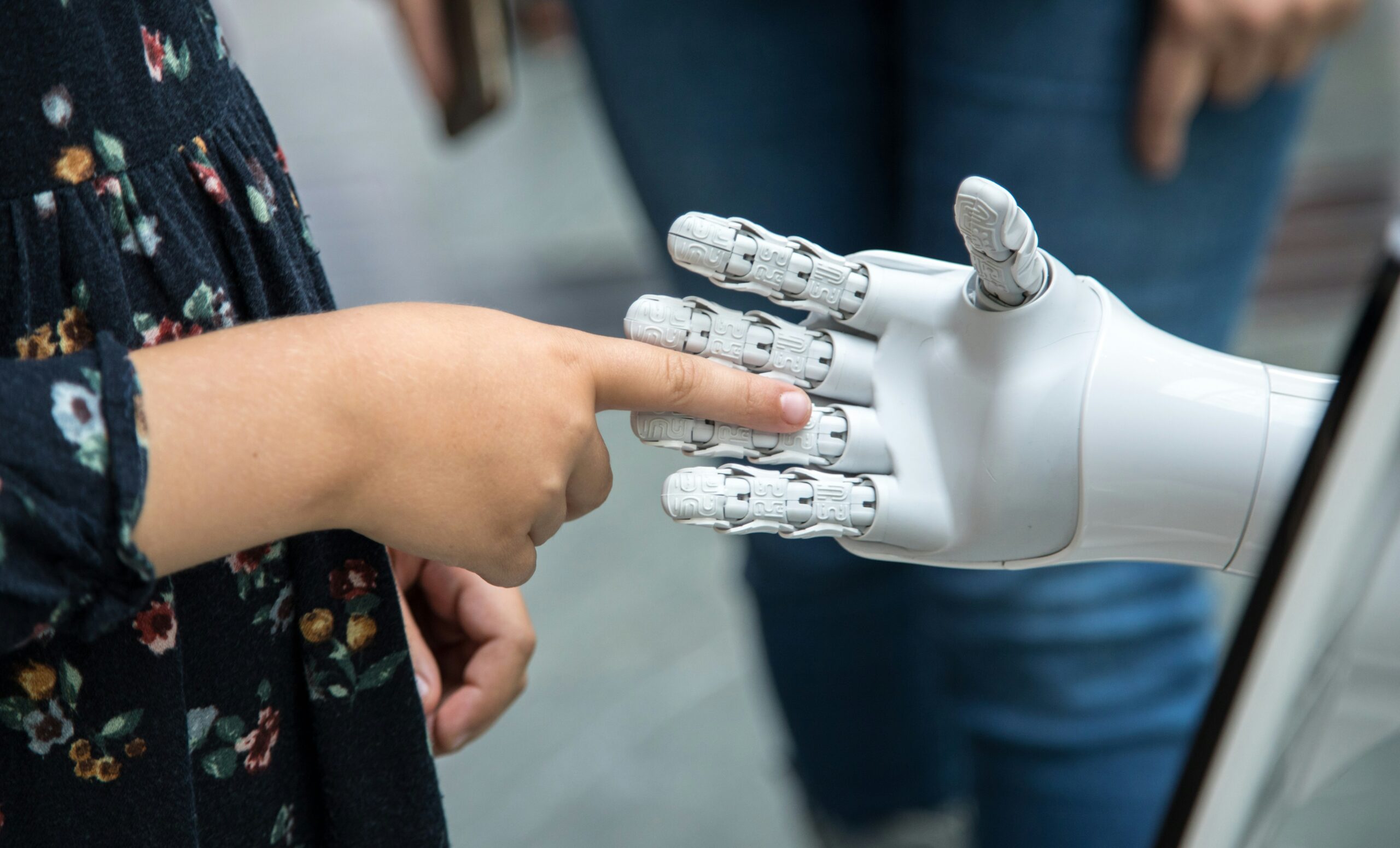Artificial Intelligence (AI) has rapidly moved from being a futuristic concept to an everyday reality. From AI chatbots that assist in customer service to self-driving cars and predictive healthcare systems, AI is shaping industries, economies, and personal lifestyles. In 2025, AI continues to expand, offering new opportunities and raising important questions about ethics, privacy, and employment.
In this article, we’ll explore what Artificial Intelligence really is, its applications across industries, the challenges it brings, and what the future holds.
What is Artificial Intelligence?
Artificial Intelligence is the ability of machines to mimic human intelligence, such as learning, reasoning, and decision-making. Unlike traditional software, AI systems can analyze data, adapt to new inputs, and improve performance over time.
Key Types of AI:
Narrow AI – Focused on specific tasks (e.g., voice assistants like Siri, Alexa).
General AI – Hypothetical AI capable of performing any intellectual task like a human.
Super AI – Advanced AI surpassing human intelligence (still theoretical).
Applications of AI in Everyday Life
1. AI in Healthcare
Early disease detection using AI-powered diagnostics.
Personalized treatment recommendations.
Robotic surgery with precision accuracy.
Telemedicine with AI chatbots offering round-the-clock support.
2. AI in Business and Finance
Fraud detection systems in banking.
AI chatbots for customer support automation.
Predictive analytics for stock market trends.
AI in supply chain optimization.
3. AI in Education
Personalized learning apps adjusting to student needs.
AI grading systems for quick assessments.
Virtual reality classrooms powered by AI.
4. AI in Transportation
Self-driving cars using AI algorithms.
AI in traffic management systems reducing congestion.
Predictive maintenance for public transport.
5. AI in Daily Lifestyle
Smart assistants (Alexa, Google Assistant, Siri).
AI-powered recommendation engines (Netflix, Spotify, YouTube).
AI in smart home devices for energy efficiency.
Benefits of Artificial Intelligence
Efficiency & Speed: AI can process huge data sets in seconds.
Cost Savings: Businesses reduce labor and operational costs.
Accuracy: AI eliminates human errors in repetitive tasks.
Innovation: AI drives breakthroughs in medicine, robotics, and energy.
Challenges and Risks of AI
1. Job Displacement
AI automation threatens traditional jobs, especially in manufacturing and customer service.
2. Privacy Concerns
AI-powered surveillance raises questions about data security and personal privacy.
3. Bias in Algorithms
AI can inherit human biases if trained on biased data.
4. Ethical Dilemmas
Who is responsible if an AI-powered car crashes? This remains a hot debate.
The Future of Artificial Intelligence
By 2030, AI is expected to:
Play a larger role in climate change solutions.
Drive autonomous transport systems.
Expand AI-powered medical research.
Integrate with quantum computing for exponential power.
Governments and businesses are working on AI ethics frameworks to ensure AI is used responsibly.
Conclusion
Artificial Intelligence is no longer science fiction—it’s our present and future. With AI transforming industries from healthcare to education, it offers unparalleled opportunities but also requires responsible use to ensure fairness, privacy, and inclusivity.
In short, AI is a tool—its impact depends on how wisely we use it.
FAQs
Q1: What industries benefit the most from AI?
Healthcare, finance, education, and transportation are currently the biggest beneficiaries.
Q2: Will AI replace human jobs completely?
AI will automate repetitive tasks, but new jobs in AI development, monitoring, and ethics will emerge.
Q3: Is AI safe?
AI itself is safe if properly regulated. The risks come from misuse or lack of transparency.
Q4: What is the future of AI in healthcare?
AI will assist in personalized medicine, robotic surgery, and remote patient monitoring.
Q5: Can AI think like humans?
Not yet. Current AI is narrow and task-specific, but research is ongoing in General AI.

